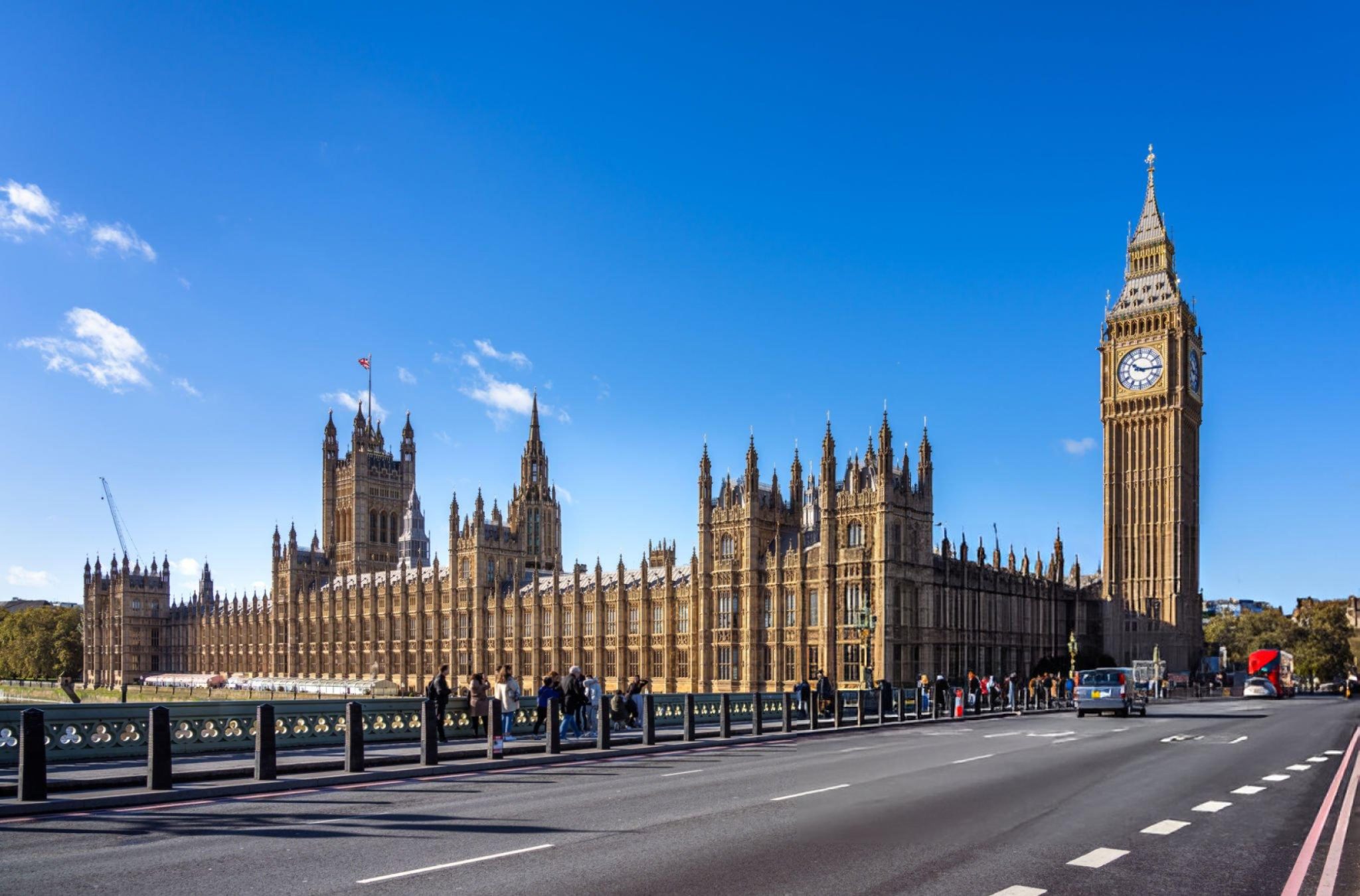LONDON – 8 May 2025: Migrants hoping to settle in the UK may soon be required to meet tougher English language requirements and face a longer wait before becoming eligible for permanent residency, according to reports ahead of a major immigration policy overhaul.
An immigration White Paper, expected to be unveiled next week by the Labour government, is likely to outline a series of reforms aimed at tightening the UK’s migration system. The proposals, reported by The Times and The Financial Times, signal a shift in tone from Sir Keir Starmer’s administration following recent local election setbacks that saw Labour lose ground to Reform UK, a right-wing party that has campaigned heavily on restricting immigration.
Under the proposed changes, migrants seeking a UK work visa may soon need to demonstrate a higher level of English language proficiency. Rather than meeting the current standard equivalent to a GCSE, applicants could be asked to attain a standard closer to that of an A-level foreign language, a significantly more advanced level of fluency.
The measure is intended to ensure that those who come to work in the UK are better integrated into British society and the labour market. According to government insiders cited by The Times, ministers believe that improved language skills will lead to better employment outcomes for migrants and lessen pressure on public services.
Meanwhile, The Financial Times reported that ministers are also considering extending the minimum residency period required before a migrant can apply for Indefinite Leave to Remain (ILR). At present, individuals on most time-limited work visas can apply for ILR after five years of continuous residency. Under the new proposals, that period could be doubled to 10 years, particularly for those who spend extended periods outside the UK or who fail to demonstrate financial stability.
Sources suggest the proposed 10-year wait may act as a deterrent to those who view the UK primarily as a destination for long-term settlement rather than short-term employment. Critics, however, warn that the move could discourage skilled workers from choosing Britain at a time when the country faces labour shortages in sectors such as healthcare, construction, and hospitality.
The proposed reforms echo similar suggestions recently put forward by the Conservative Party in its “Deportation Bill,” unveiled earlier this week. That plan also includes extended residency thresholds and stricter vetting procedures for permanent settlement.
Both Labour and the Conservatives appear to be recalibrating their migration policies amid mounting political pressure from Reform UK, which made significant gains in the May 1st local elections. The party, led by Nigel Farage, gained control of the Runcorn and Helsby constituency from Labour and secured hundreds of new council seats by campaigning on an anti-immigration platform.
Labour strategists are understood to be particularly concerned about the erosion of working-class support in northern England and the Midlands, regions where Reform UK’s tough-on-immigration stance has struck a chord with disenchanted voters.
While the full details of the White Paper have not yet been released, a government spokesperson said the proposed reforms were part of a “balanced and fair approach to migration,” ensuring the system works for British citizens while remaining open to talent from abroad.
Human rights organisations and migration advocacy groups have already expressed concern over the anticipated changes, warning that such policies could result in a more hostile environment for migrants and make family reunification more difficult.
The government is expected to publish the full White Paper early next week, which will then be subject to consultation and parliamentary scrutiny.
Do you want a follow-up summary or analysis on how these changes could impact migrants currently residing in the UK?






